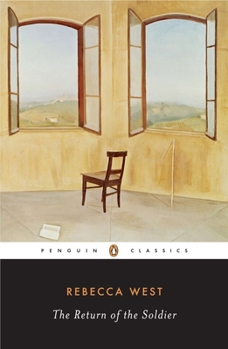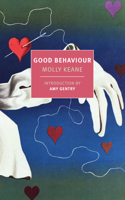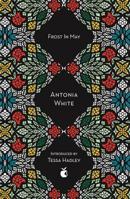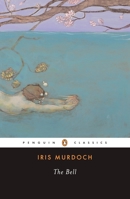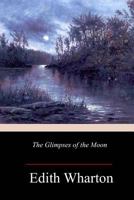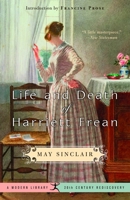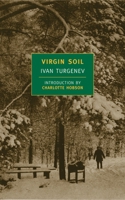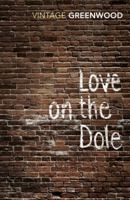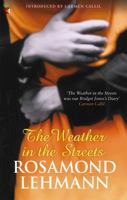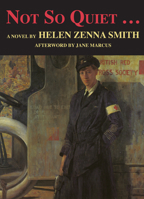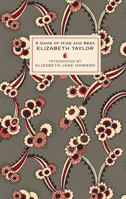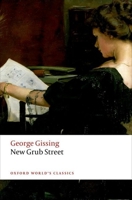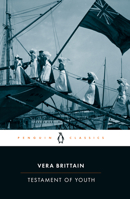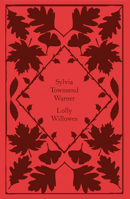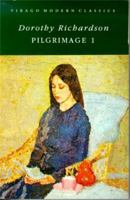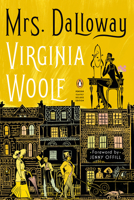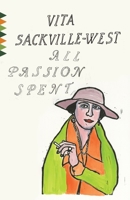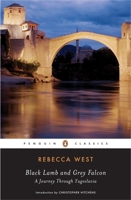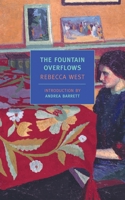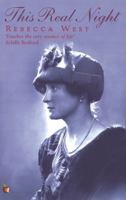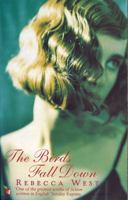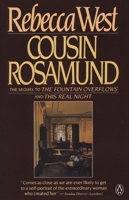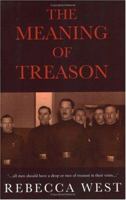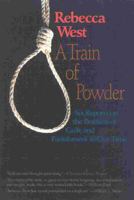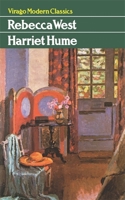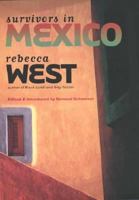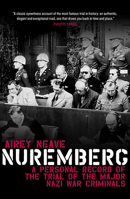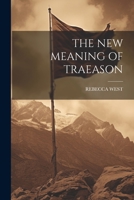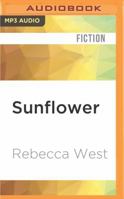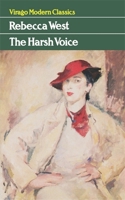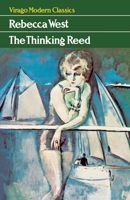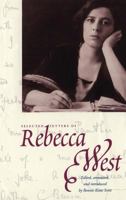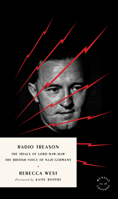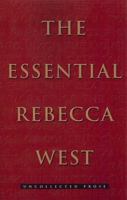The Return of the Soldier
Select Format
Select Condition 
You Might Also Enjoy
Book Overview
Customer Reviews
Rated 5 starsAt Only 90 Pages, A Powerful Bargain of a Novel
THE RETURN OF THE SOLDIER, published in 1918, may be the most carefully conceived novel I've ever read, and I've read a fair amount of exquisitely executed fiction. Told from the first person perspective of a spinster whose entire life revolves around her cousin, his life and country mansion, it is the story of an English gentleman who goes off to World War I only to be returned not in a body bag or physically injured but...
3Report
Rated 5 starsA winner
This relatively unknown work, deceptively short, operates on many different levels and works on all of them. In a brief 87 pages one sees the class divisions in England during World War I, the impact of the Industrial Reolution on the countryside, a conflict between love and duty, family expectations and one's own desires, a frightening picture of amnesia, the pain of unrequited love and the joy of mutual love, a marriage...
0Report
Rated 5 starsA perfect little novel
West's best-known and best novel runs barely longer than a longish short story, yet it is so packed with detail, characterization and incident that it has all the depth of a much longer book while keeping its scope limited to the confines of a country home in rural England. The reader finishes the book (probably after one sitting) feeling as if he/she knows the four major characters intimately, a testament to West's...
1Report
Rated 5 starsA masterpiece
The Return of the Soldier is a very small book, less than 100 pages, set during the first World War, that will stay with you for a long, long time. West writes about the relationship of three very different women, a wife, spinster cousin and old love, to each other and to the soldier sent home from the front with amnesia. This story is beautifully written and explores many themes, including classism, elitism, true love...
0Report
Rated 5 starsA Novel for All Times
Why aren't people reading this book? For a book written 80 years ago, you would think that Rebecca West had written this about a page of today's history. The time -- World War I -- is only a backdrop for West's look at how people respond to change. This is the best twist on an amnesia theme ever written, and its distaff point of view is a particularly original spin on a war story. At under 100 pages, you feel as though...
0Report










